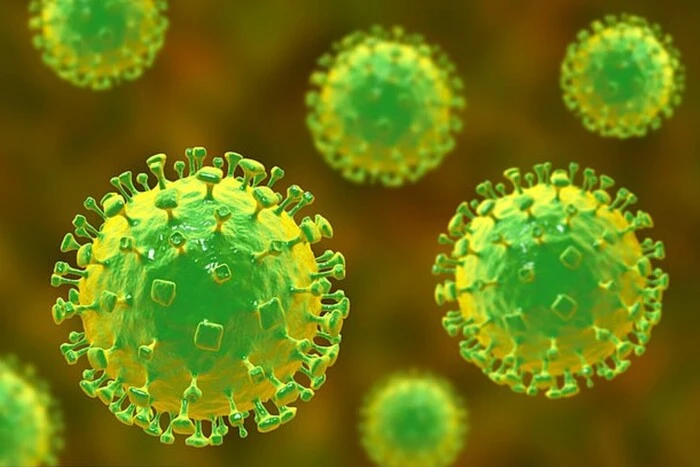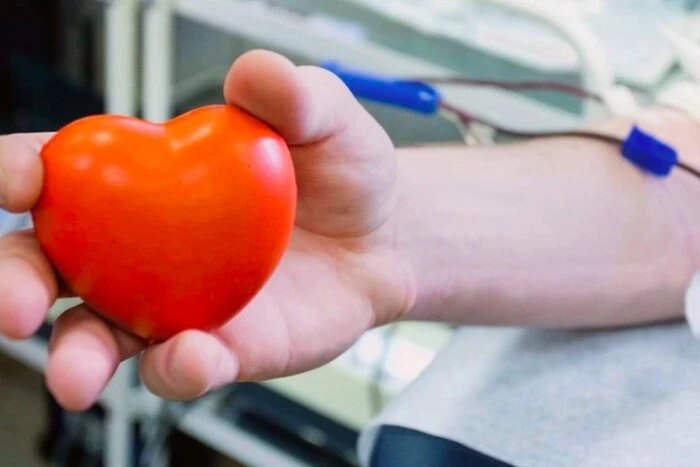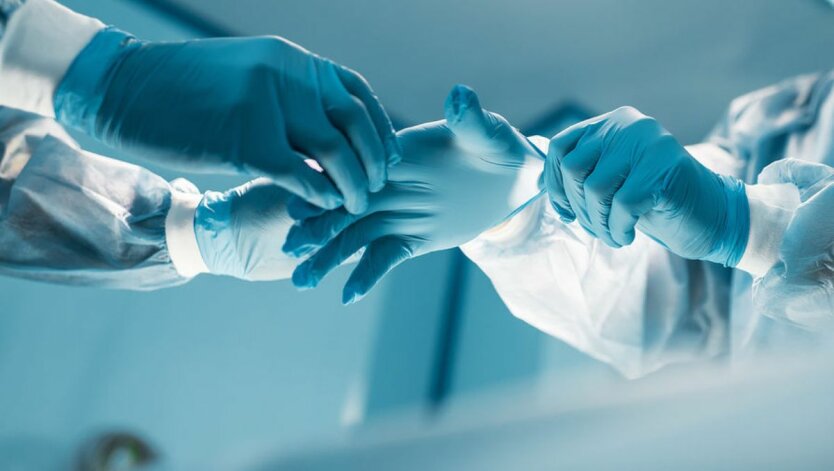Who is a urologist-andrologist: everything about the profession of a urologist.


A urologist is a quite specific profession and it requires special attention. After all, many people do not know who a urologist is and what opportunities this specialty provides.
The question of who a doctor andrologist is, is also important, because this is not a classic urologist. Therefore, the question of who a urologist andrologist is important for students planning to become a doctor. Significant, not only who he is and what he does.
Who is a urologist-andrologist?
Understanding who a urologist andrologist is and what he does it is important to understand a little about medical specialties. Who is a urologist and what he does: a urologist-andrologist is a doctor who specializes in the diagnosis, treatment, and prevention of diseases of the urogenital system in men. This dual specialization includes the study not only of urological problems, such as kidney disease, urinary tract, and bladder diseases, but also of andrological problems related to male genital organs and functions. In other words, who a doctor is, he is a specialist with a broader profile.
A urologist-andrologist can diagnose and treat various diseases and conditions. In theory, he can understand the problem from a wider perspective. Examples of conditions treated by such specialists:
-
Prostatitis and benign prostatic hyperplasia.
-
Erectile dysfunction (loss of erection).
-
Varicocele.
-
Male infertility.
-
Hormonal imbalance.
-
Infections of the urogenital system.
-
Kidney and urinary tract stones.
-
Bladder, kidney, and prostate cancer.
A urologist-andrologist undergoes special training and has in-depth knowledge in the field of urology and andrology, which enables him to effectively diagnose and treat a wide range of diseases related to male health. In general, such a doctor can help better than a regular urologist.
Specifics of the work of a urologist-andrologist: what you need to know about this profession
As in any medical profession, there are specific features. Moreover, special attention should be paid to the complexity of education.
The specifics of the work of a urologist-andrologist include:
-
Complex diagnostics. A urologist-andrologist performs various diagnostic procedures, such as a general examination of the patient, collecting medical history, examination of the urogenital system, as well as additional diagnostic methods. He may perform ultrasound studies, prescribe blood and urine tests, urethrocystoscopy, and other important diagnostic tests.
-
Comprehensive treatment. Depending on the diagnosis, a urologist-andrologist develops an individual treatment plan for each patient. This mainly includes prescribing medications, physiotherapy, and surgical intervention. Treatment is individual.
-
If necessary, a urologist-andrologist can perform various surgical operations, such as removal of stones from the urinary tract, implantation of a prosthesis of the penis, or other surgical procedures. Such operations are quite complex and require a high level of qualifications.
-
A urologist-andrologist advises patients on the prevention of urogenital system diseases, contraception, sexual health, and other aspects of male health. This function, though it may seem simple, can in many ways preserve the health of the patient.
-
Collaboration with other specialists (doctors). A urologist-andrologist can work in collaboration with other specialists, such as endocrinologists, gynecologists, oncologists, to provide a comprehensive and efficient approach to diagnosing and treating patients.
Some urologists-andrologists are also engaged in scientific work, publishing articles in scientific journals, participating in clinical trials, and teaching students and residents of medical universities. This profession, though complex, involves professional growth.
How to become a urologist-andrologist?
To become such a specialist, it is necessary to obtain a medical education. Without this, becoming a doctor in Ukraine is impossible.
What you will definitely have to go through (education and practice):
-
First, you need to get a higher medical education at a medical university or medical school. You cannot skip this stage.
-
Internship. After receiving a diploma from a medical university, you need to complete an internship (or residency) in surgery and urology. It lasts from 2 to 6 years.
-
After completing the internship, you need to obtain a permit to practice as a urologist.
-
Specialization in andrology. After obtaining certification as a urologist, you can undergo additional training or internships in andrology. In general, this will be enough to take additional courses, and only then consider an internship. At the same Time, you can continue your education.
In general, this specialist's education does not end there. It is important to constantly update your knowledge and skills. Participation in professional seminars, conferences will be useful, reading scientific literature and obtaining additional certifications.
It is important to consider that if a medical worker wants to move to another country, other conditions for certification and work may be required.
How does a regular urologist differ from a urologist-andrologist?
Both a regular urologist and a urologist-andrologist are specialists in the field of urology, that is, they deal with diseases of the urogenital system in men and women.
However, there are certain differences between these specialists:
-
A regular urologist deals with the diagnosis, treatment, and prevention of a wide range of diseases of the urogenital system, including problems such as kidney stones, urinary tract infections, bladder cancer, etc. A urologist-andrologist specializes in problems related exclusively to male genital organs and their functions.
-
A urologist-andrologist has a narrower specialization and deep knowledge of diseases and problems related to male genital organs (erectile dysfunction, male infertility, hormonal imbalance), as well as the diagnosis and treatment of male hormonal disorders.
-
A urologist-andrologist can perform specialized procedures and treatments, such as penile prosthesis implantation. A regular urologist is not specialized in this.
Also, a urologist-andrologist can provide consultations and engage in the prevention of diseases of the male reproductive system.
Read also
- Turnover Limit for Individual Entrepreneurs of Group 3
- Best and most beautiful beaches in France with photos
- Hacker stole internal data from ChatGPT developer company
- How to choose the right profession for an adult and teenager
- Top 10 Adventure and Travel Movies: Our Editor's Pick
- The most beautiful castles and palaces in the world with PHOTOS










